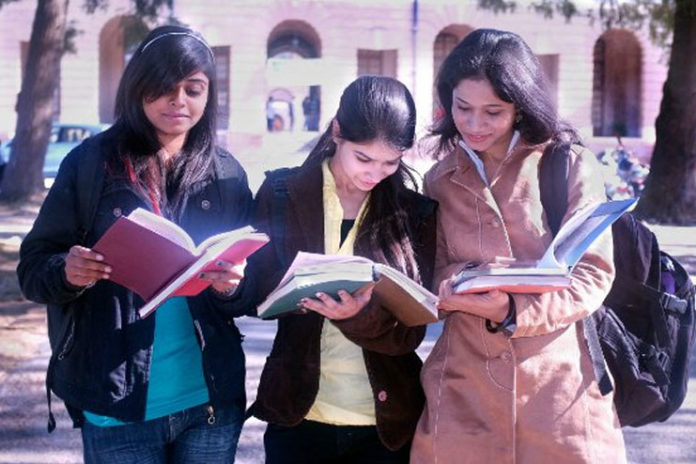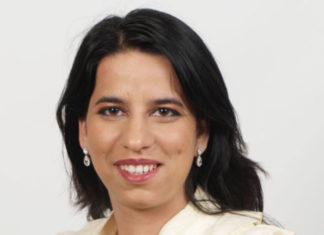There has been a significant rise in a number of Indians students studying in the United Kingdom, according to the latest quarterly report on Migration Statistics.
Published by the UK’s Office of National Statistics, the report covers the period from April 1, 2018, to March 31, 2019.
According to the report, 1,165 Indian students were granted Tier 4 (student) visas for the UK in the year ending March 2019, up from 15,161 for the year ending March 2018, which is a 40 percent increase, meaning the number of Indians studying in the UK has almost doubled in 3 years (10,705 study visas were granted to Indians for year ending March 2016).
Indians now are among the fastest growing nationalities of foreign students in the UK along with Chinese, Americans and Saudis.
Commenting on the trend the UK deputy high commissioner to India, Jan Thompson, said: “This news is relevant at this time of year when students around the world are considering their options for the future. The fact that so many Indian students are choosing the UK to study goes beyond the language we share and the world-leading education we offer. Our countries are inextricably linked through a living bridge that ties us together – including a vibrant Indian community who have made the UK their home.”
According to the UK’s Future Border and Immigration System proposals set out in the Immigration White Paper (published on December 19, 2018), new post-Brexit immigration proposals will make it easier for Indian students to stay and work in the UK after completing studies in future. While students on undergraduate and postgraduate courses will have six months to remain in the UK after completing their studies to find a job, Ph.D. students will get 12 months.
Regional director for UK Visas and Immigration (UKVI), David Ratcliffe, pointed out that there’s a misconception among Indian students that the UK doesn’t offer post-study work options at present. “That isn’t the case. We simply require graduating students to switch to the appropriate Tier 2 visa upon finding work – and that’s only after a full four months to find appropriate employment. In fact, Indian nationals continue to receive more work visas than the rest of the world combined. The latest stats show Indians once again saw the largest increase in work visas – up 10 percent compared to the previous year,” he said.
In 2018-19, the UK government offered 480 scholarships worth almost £4.7m to Indian students. “UK universities also contribute over £10 million annually towards scholarships and bursaries; so there are plenty of opportunities for students to gain financial support in their studies,” director of British Council in India, Jim Booth said.













































